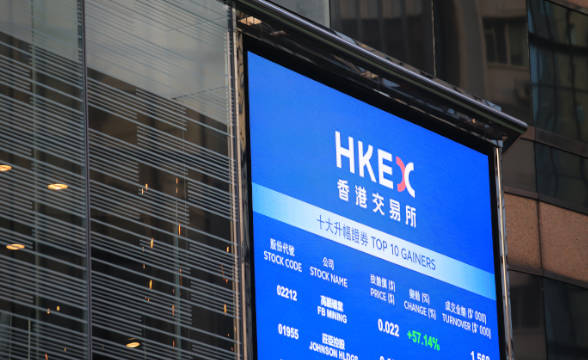Hong Kong may be moving away from China in terms of what the Special Administrative Region does with its cryptocurrency industry. A new report by Bloomberg suggests that the city is planning to go ahead with retail cryptocurrency trading. Digital asset trading took a hit last year amid strong opposition from cryptocurrency and blockchain industry specialists and the waning reputation of Hong Kong as an international financial hub.
Will Hong Kong Undo the Damage to Its Crypto Industry?
Now, Hong Kong will attempt to buck this trend, Bloomberg suggests, as local authorities are looking to establish a mandatory licensing program that would enable whitelisted cryptocurrency platforms to launch retail trading products. The reporting suggests that this could happen as soon as March 2023. Should this plan go through, it would be a groundbreaking move for Hong Kong in reaffirming its financial independence from the mainland, but it is unlikely to pass without some consent from Beijing.
Hong Kong regulators are reportedly looking to list a number of prominent tokens, but they may be reluctant to bring Bitcoin back as China banned the cryptocurrency, along with all other forms of digital currencies bar the digital yuan, in 2021. The latest decision to expand into cryptocurrencies once again will try to reaffirm Hong Kong’s reputation as an international financial hub, a benchmark towards which a number of other regional jurisdictions aspire, among them Singapore.
However, it’s not just about defying the mainland or receiving the green light from Beijing. The culling of cryptocurrencies and cryptocurrency mining in the mainland still smarts, and companies may be reluctant to flock back, despite promises from authorities. Chainalysis already ranks the city 46 on its global cryptocurrency leaderboard, with the city sliding from 39 in 2022.
Not everyone is sceptical of the announcement, however, with one industry specialist telling Bloomberg that trading digital assets are not really the end goal the city is after. Rather, it’s about growing the ecosystem, said HasKey Group executive president of digital asset specialists Michael Lee.
Can Hong Kong Go It Alone in Cryptocurrency?
The question remains how much of this U-turn is coordinated with Beijing, which can still have a disruptive role and make or break the potential future success of Hong Kong as a financial hub?
The People’s Bank of China has treated virtual currency businesses as illegal financial services since 2021 at the very least, but mistrust of private digital assets that are not stamped by Beijing is generally frowned upon with suspicion. Hong Kong has a chance to catch up insofar as innovative digital and financial products are concerned, but investors will take a lot of convincing.




